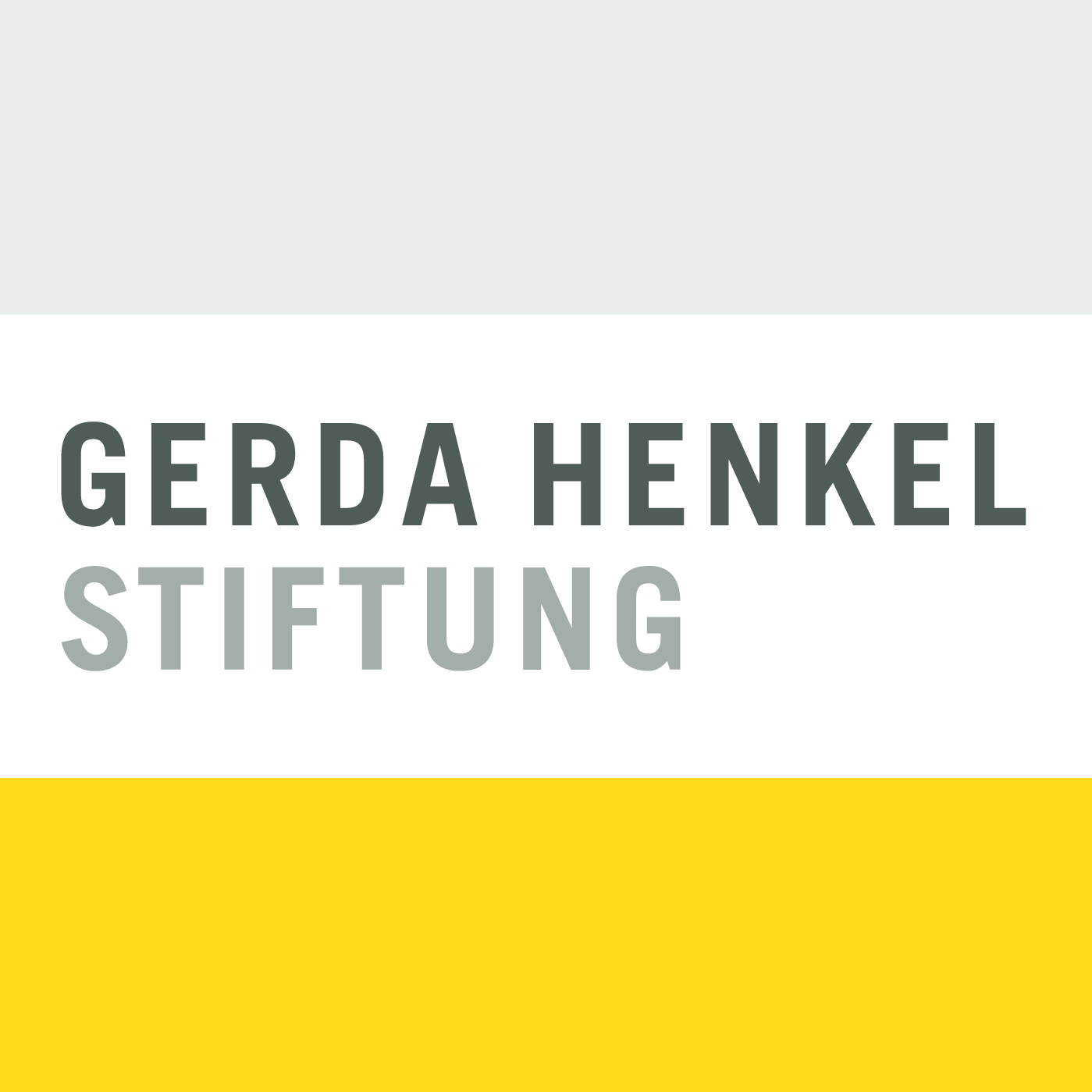Project
In late medieval society, preaching was a crucial medium of mass-communication and identity formation. In a society still dominated by oral communication, sermons played a key role in forming public opinion. This was particularly true during Lent (the forty-day period before Christian Easter), when sermons were delivered on a daily basis. This form of public instruction gradually became an established feature of urban society across Europe. By means of well-organized and highly evocative sermon cycles, preachers aimed to lead the listeners to take part in prominent rituals of Christian life, such as the confession of sin, the participation in the Eucharist, and the liturgical commemoration of the Passion. In order to do so, thousands of rank-and-file preachers prepared their sermons using Lenten sermon collections.
The research project Lenten sermons bestsellers led by Pietro Delcorno investigates how these widely disseminated books encapsulate normative discourses to guide the faithful in interpreting and performing defining rituals, which involved a personal revision of life and a public recognition of partaking in Christian society. As pragmatic and ideologically oriented texts, Lenten sermon collections are essential to understand better the late medieval religious and cultural landscape. The study of these texts – largely overlooked by the scholarship – can provide an original perspective on the social dimension of religious communication and uncover different, sometimes competing, ways to organize, disseminate, and impose religious ideas.
People involved
- Pietro Delcorno (principal investigator)
- Nicola Gentile (assistant researcher, 2024)
- Silvia Della Manna (assistant researcher, 2023)
- Astrid Linschoten (assistant researcher, 2021)
- Erwin Komen (Humanities Lab, Radboud University Nijmegen)
Web-application
This web-application offers a tool to analyse Lenten sermon collections as conceptual and textual ‘infrastructure’ that supported preaching as widespread socio-religious practice. Moreover, these books can be considered pocket-sized encyclopaedias that both reflected and produced the shared (religious) knowledge of the time. In this indirect way, these texts are a precious source of information on virtually any aspect of society, from theological topics to everyday issues such as food, gambling, fashion, or medical practices. This open-access online database provides scholars from different disciplines with an entry point on this type of material.
The source code of LentenSermons is available at github.
Please, note that this is an ongoing project, which will be able to grow also through collaborations (if interested, please contact Pietro Delcorno). Information about the use of the database are provided under ‘Instruction’ (note that this section is still under construction)
Acknowledgements
The development of this web-application has been financed by a Gerda Henkel Stiftung grant. The application had been designed by the Technical Service Group of the Humanities Lab of the Radboud University Nijmegen. The collection of data has been largely conducted as part of the project Lenten Sermon Bestsellers: Shaping Society in Late Medieval Europe (1470-1520) (project number VI.Veni.191H.018) of the research programme Veni, which is financed by the Dutch Research Council (NWO). Pietro Delcorno conducted the exploratory phase of this project thanks to a fellowship of the Institute for Advanced Study of the Central European University.

|
|